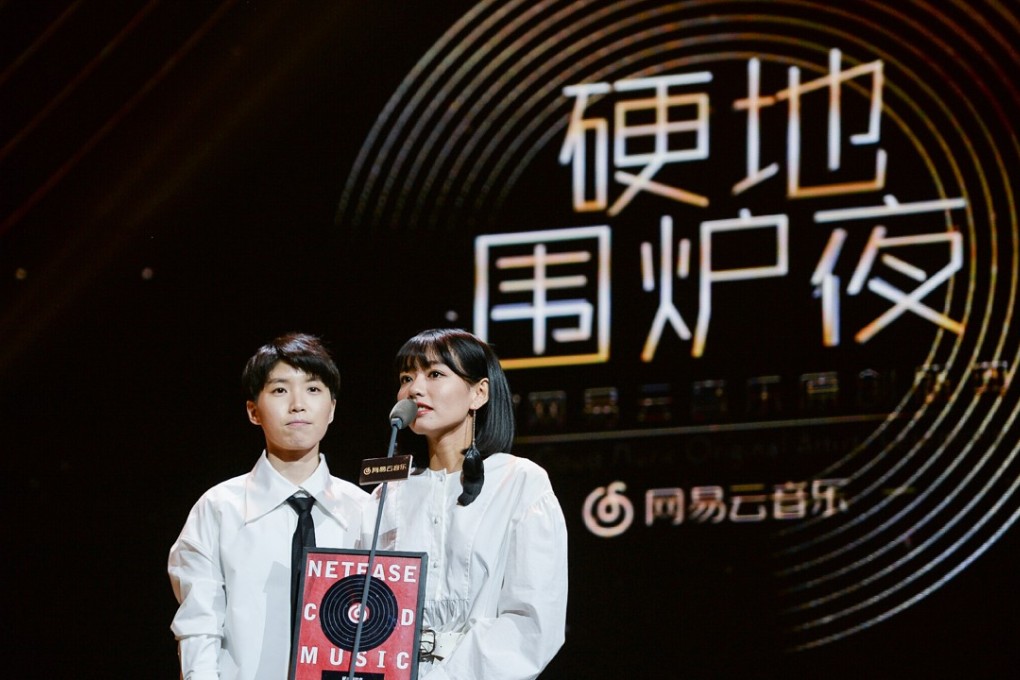Exclusive | NetEase helps China’s indie artists out-sell Taylor Swift on its interactive music-streaming platform
- NetEase has been investing heavily to support the budding careers of independent musicians with the aim of generating a fresh supply of high-quality content
- Chinese technology companies are rushing into the country’s burgeoning online entertainment space with more consumers prepared to pay for content

Music is known for its struggling artists – not everyone makes it big like Adele, Kanye West or Rihanna.
When The Landlord’s Cat, a Chinese indie folk duo formed by university friends in Wuchang city, planned to break up in 2016 to take on “serious jobs” after finding it hard to make ends meet, a friend encouraged them to give it a final try by selling their album through Chinese streaming platform NetEase Cloud Music after fan requests.
The response turned out to be overwhelming with over 2,400 albums sold, more than six times their initial expectations. Two years later and after follow up tracks the duo has garnered over 1.3 million followers on its Cloud Music channel. The band can survive thanks to the suggestion of their friend, Li Xiancheng, who now manages The Landlord’s Cat.
“NetEase Cloud Music has given us exposure on the app by writing about us, featuring us in music shows and recommending our music to users. That helped us grow our followers by over 700,000 within a year … and brought us a decent income from royalties,” said Li, who declined to specify the exact amount.
Behind this platform for indie bands is New York-listed Chinese gaming company NetEase, which has been investing heavily to support the budding careers of independent musicians with the aim of generating a fresh supply of high-quality content for its service amid rising competition in the music streaming arena.
NetEase Cloud Music offers a similar streaming service to Spotify, the No 1 music subscription service in the world, with tracks, albums and personalised playlists. However, it differentiates itself by creating an interactive music community for musicians and the users, with a comment section for each song that allows users to share their feedback and thoughts. More than 640,000 comments are posted daily, and it had accumulated over 400 million comments by early 2017, according to the company.